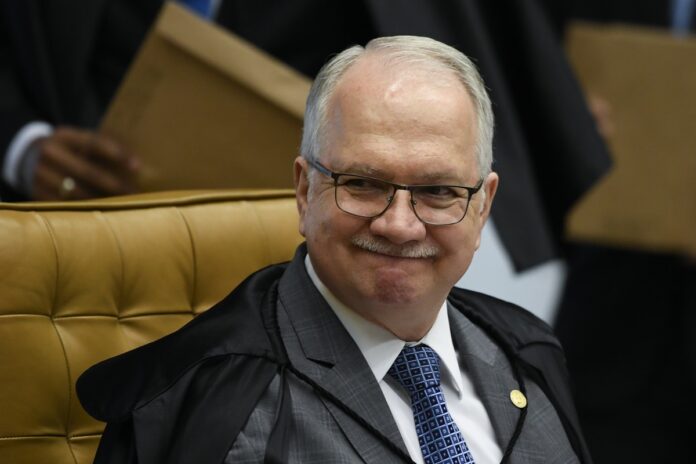If you thought House of Cards was too wild to be realistic, then you clearly haven’t paid attention to Brazilian politics. Over here, the script is more creative, the characters are real, and the ending never surprises, it just pisses you off.
Let’s be honest, the strategy that led to Lula’s release from prison was one of the most cunning political moves in Brazil’s recent history. And when I say cunning, I’m not giving compliments, I’m pointing out how messed up it all was. If this were a movie, people would say the plot was far-fetched.
But it wasn’t fiction. It happened.
Lula was convicted of corruption and money laundering. Not by one judge. Not in one court. He went through three levels of the justice system, including the Superior Court of Justice (STJ). Altogether, nine magistrates confirmed his conviction:
- Sérgio Moro, the trial judge in the first instance,
- three appellate judges at TRF-4, who not only upheld the conviction but increased the sentence,
- and five justices at the STJ, who adjusted the sentence to 8 years and 10 months, but reaffirmed the crimes.
He spent 580 days in prison, under a closed regime.
No house arrest, no ankle bracelet, no fancy prison suite. Real prison time. In the Federal Police building in Curitiba.
And during the five years the case was active, no Supreme Court justice questioned the jurisdiction of Curitiba. Not once.
Then came the plot twist.
In March 2021, two years after the election, Supreme Court Justice Edson Fachin decided that Curitiba was never the right court to handle the case. According to him, it should’ve been tried in Brasília.
Not because the evidence was flawed. Not because witnesses lied. Just because of a technicality over jurisdiction. And with that, the entire process was reset.
None of the evidence was discarded. No witness statements were thrown out.
No declaration of innocence. Just a procedural loophole, and boom, clean slate.
Now think about it, Lula was already 75 years old. The clock was ticking. Cases like this take time. And time favors the defendant, because it leads to statute of limitations.
So what was the next move in this brilliant little plan? Simple, run for president.
Winning meant he’d get presidential immunity, which blocks any lower-court prosecution for four more years. That’s called buying time with a ballot box.
But when the public backlash exploded, because let’s not forget, this decision came from a single judge, a known PT sympathizer, appointed by Dilma Rousseff, another argument magically appeared to cool tempers:
Moro was “biased.”
A claim that came after the reset, with no direct effect on the facts or the evidence, just enough to fuel left-wing talking points and soften the outrage.
It worked. The media ran with it. The militancy finally had something to hold onto.
And the rest of us? Just watched, disgusted, as everything unraveled.
Now here’s the cherry on top, the newly elected president openly says “democracy is relative.”
And people still act surprised when our institutions fail.
Let’s face it, in Brazil, you don’t need to be right, you just need to be strategic.
And if you have the right title, your past can be as dirty as you want, no one’s going to touch you.












